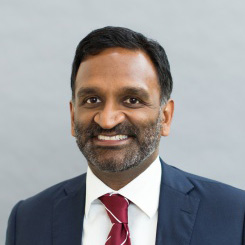Posts by Kishore Jayabalan
January 06, 2016
December 04, 2015
Letter from Rome: Paris and the Progressive Denial of Reality
April 21, 2015
Can Human Ecology Harm Humans?
April 02, 2014
When Caesar Meets Peter
March 07, 2014
Letter from London: The Protestant Work Ethic and Anglosphere Catholicism
January 13, 2014
Letter from Bangalore: Equality is God, and Compassion is its Prophet
November 27, 2013
When Economic Moralism Clashes with Reality
November 21, 2013
Catholics and Libertarians: Allies or Enemies?
February 11, 2013
Pope Benedict Resigns
May 14, 2012
